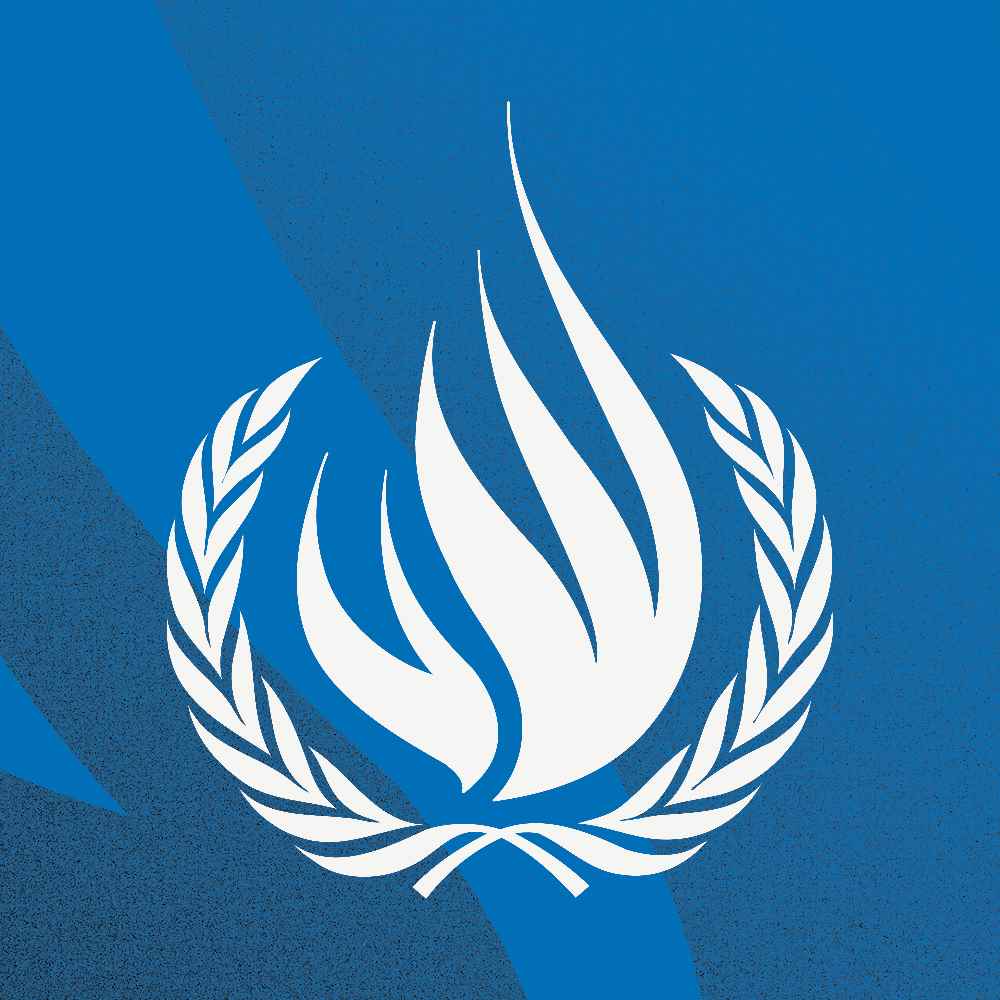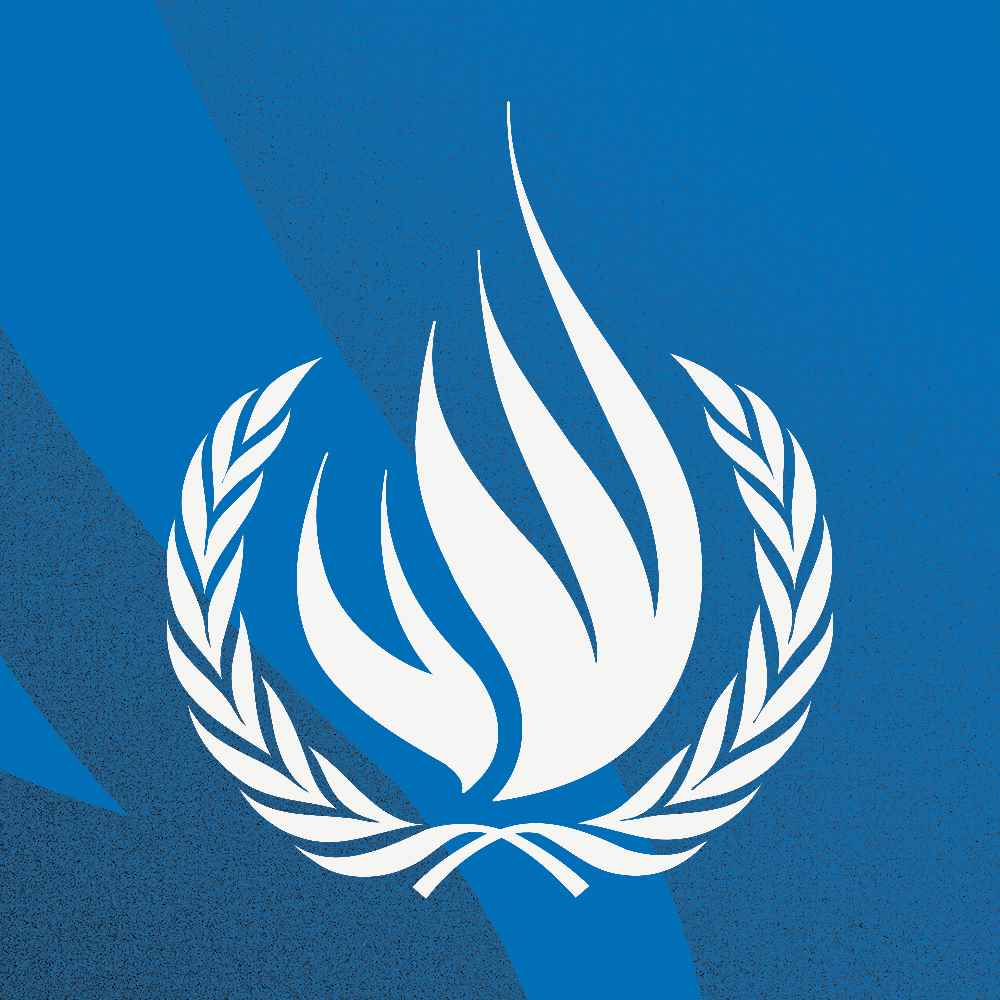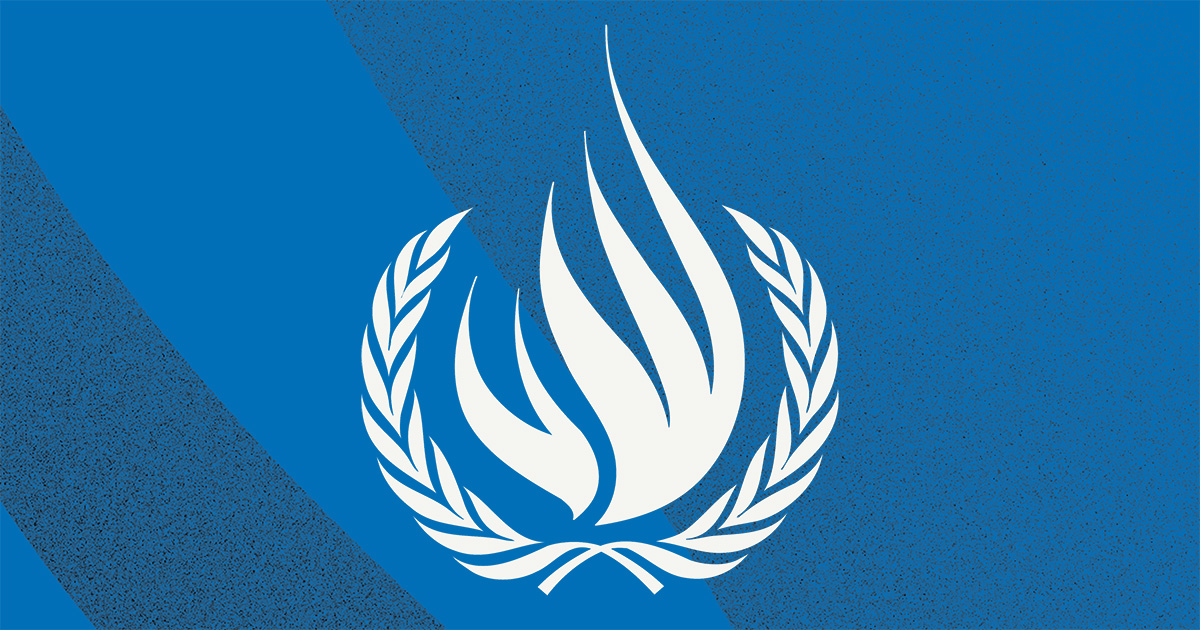
The Committee on Enforced Disappearances this afternoon closed its twenty-fourth session after adopting its concluding observations on the report of Costa Rica, Zambia in absence of a report, and reports on additional information from Argentina and Germany.
Carmen Rosa Villa Quintana, Committee Chairperson, said the session had coincided with the 20th anniversary of the invasion of Iraq and 47 years since the coup d’état in Argentina. Both these States were parties to the Convention and had been on the Committee’s agenda. In this context, hundreds and thousands of people were victims of widespread human rights violations, including enforced disappearances. Despite the years elapsed, family and relatives of victims continued to search for their loved ones and fight for justice, facing threats to their life and integrity. The effective implementation of the Convention needed to be ensured urgently.
71 States had ratified the Convention. The Committee commended the recent ratification of Finland on 24 March. 30 State parties had recognised the competence of the Committee to receive and examine individual communications, and 28 had recognised its competence to examine inter-State communications. The Committee made an urgent and strong appeal to all States to join that commitment and ratify the Convention.
After 24 sessions, to date the Committee had examined 46 initial reports and eight with additional information submitted by State parties. It had adopted concluding observations and made more than 800 recommendations with specific measures. Over the last four years, the Committee had received 1,000 new urgent action petitions. In 2021, it had undertaken visits to Iraq and Mexico and adopted a joint declaration on international illegal adoptions with the Committee on the Rights of the Child, the Working Group on involuntary and enforced disappearances and with three Special Rapporteurs.
During this session, the Committee had adopted the first draft of its first General Comment on enforced disappearance in the context of migration. It had involved broad consultations and achieved thanks to the financial support of the Swiss Government and the support of the Geneva Academy. The Committee was now beginning a consultation process on the General Comment, which would remain open until 15 June. Further, the Committee had adopted a declaration of non- State actors in the context of the Convention for the protection of all persons against enforced disappearances. The Committee had also decided to continue its work with the Working Group on involuntary and enforced disappearances for a future adoption of an interpretative declaration on “short-term disappearances” and issued a call to all interested stakeholders to submit contributions to this work.
The Committee had approved concluding observations based on its dialogues with Zambia and Costa Rica. On the consideration of additional information reports, the Committee engaged in constructive dialogues with Argentina and Germany. It also adopted recommendations and conclusions following its visit to Iraq. The concluding observations of these reports would be published on 4 April. The Committee trusted they would be implemented for the benefit of the victims of enforced disappearance. It had also adopted the list of issues for the reports submitted by Benin, Malta and Norway as well as the follow-up reports on the implementation of the recommendations made in the concluding observations and recommendations on Brazil and Mongolia.
A video was shown on the Committee’s visit to Iraq.
Citing testimonies of victims of enforced disappearances the Committee had heard and met, Ms. Villa Quintana reaffirmed the Committee’s commitment to help them in their efforts and support State parties to prevent and root out enforced disappearance. She called on States party to use the tools developed by the Committee towards that end.
During this session, the Committee had adopted a draft provisional agenda for the twenty-fifth session, to take place in September. An updated version of the note on enforced disappearance worked on with the Working Group on involuntary and enforced disappearance would be issued.
The Committee had also held productive meetings with the High Commissioner for Human Rights, the International Committee of the Red Cross, the President of the Special Jurisdiction for Peace in Columbia, civil society and victims organisations, and the Voluntary Fund for the Victims of Torture, identifying common area to focus on. The capacity building programme of the High Commissioner set out a plethora of possibilities for work for the Committee and State parties. Ms. Villa Quintana highlighted the importance of stepping up the Committee’s work with the field offices of the High Commissioner for human rights and other United Nations entities.
Touching on some of the challenges identified by the Committee, she said universal ratification of the Convention should be pursued. Currently, the Committee was promoting an event on universal ratification and was hoping to benefit from the necessary support to carry out this project. The participation of States parties, non-governmental organisations and other stakeholders was key. The Committee was continuing to work on a guidebook on ratification. Another challenge was the implementation of the Committee’s recommendations. The agencies and funds of the United Nations were called upon to cooperate in a coordinated fashion in this task. The Committee also wished to encourage greater participation from civil society in the State party reporting process, and in the follow-up and implementation of the Committee’s recommendations. She called on the Global Alliance of National Human Rights Institutions to fulfil its coordination role in this regard. Further, Ms. Villa Quintana referred to the need for longer sessions and greater human resources to better support the work of the Committee.
The four-year mandate for five Committee members, including Ms. Villa Quintana, was due to expire on June 5. She thanked the Experts, the Secretariat and all those who supported the Committee’s work throughout the session.
In closing, Ms. Villa Quintana stressed that impunity related to enforced disappearance should be fought. She thanked the victims for their tireless work. They were the fuel that kept the Convention going.
All documents relating to the Committee’s work, including reports submitted by State parties, can be found on the session’s webpage, where documents relating to the Committee’s reviews of the reports of Argentina, Costa Rica, Germany and Zambia will soon be available. Meeting summaries of the Committee’s public meetings can be found here. The webcast of the Committee’s public meetings can be accessed here.
The Committee’s twenty-fifth session will be held in September 2023, with the exact dates as well as the country reports to be reviewed to be announced at a later date.
Produced by the United Nations Information Service in Geneva for use of the information media; not an official record.
English and French versions of our releases are different as they are the product of two separate coverage teams that work independently.










